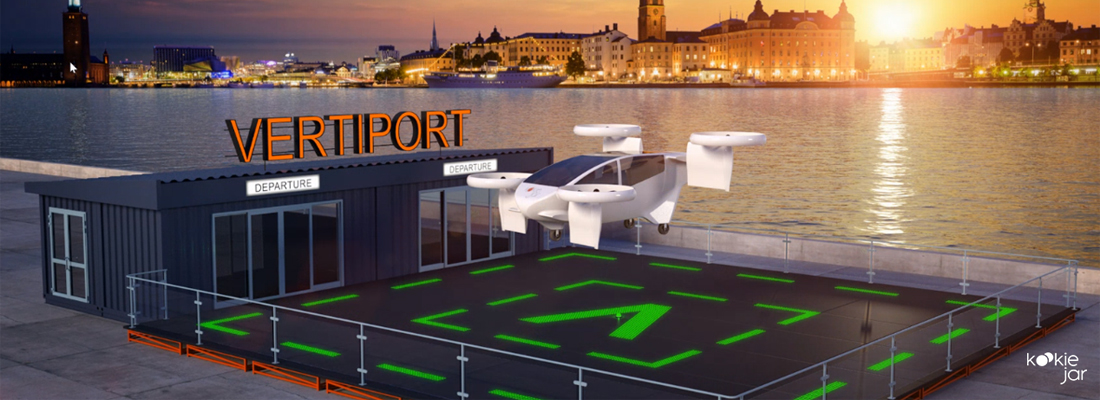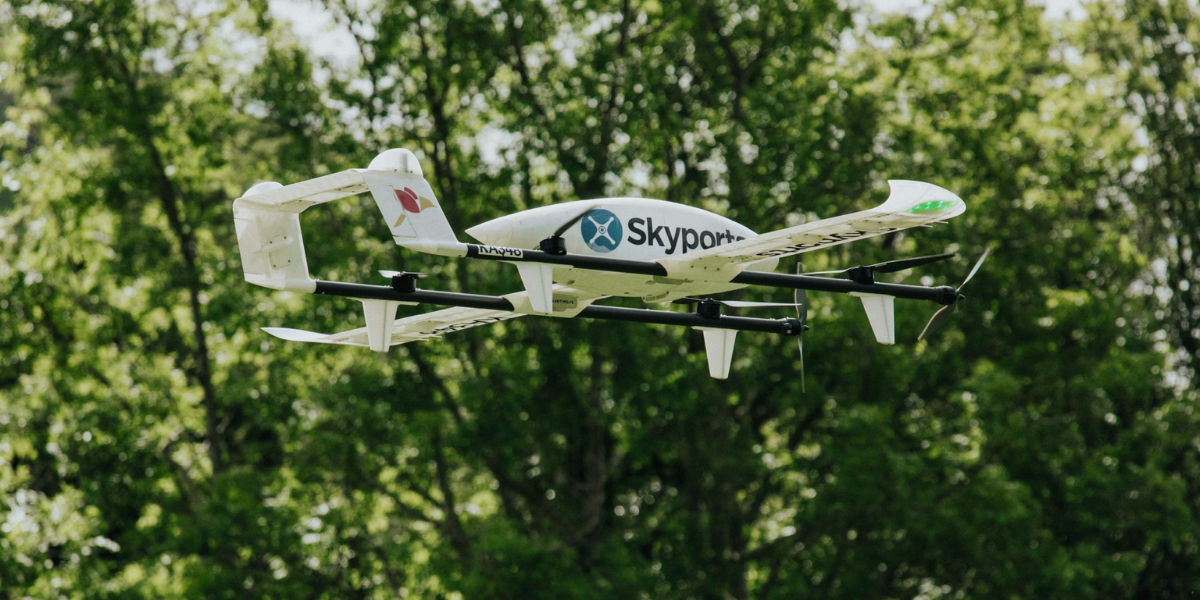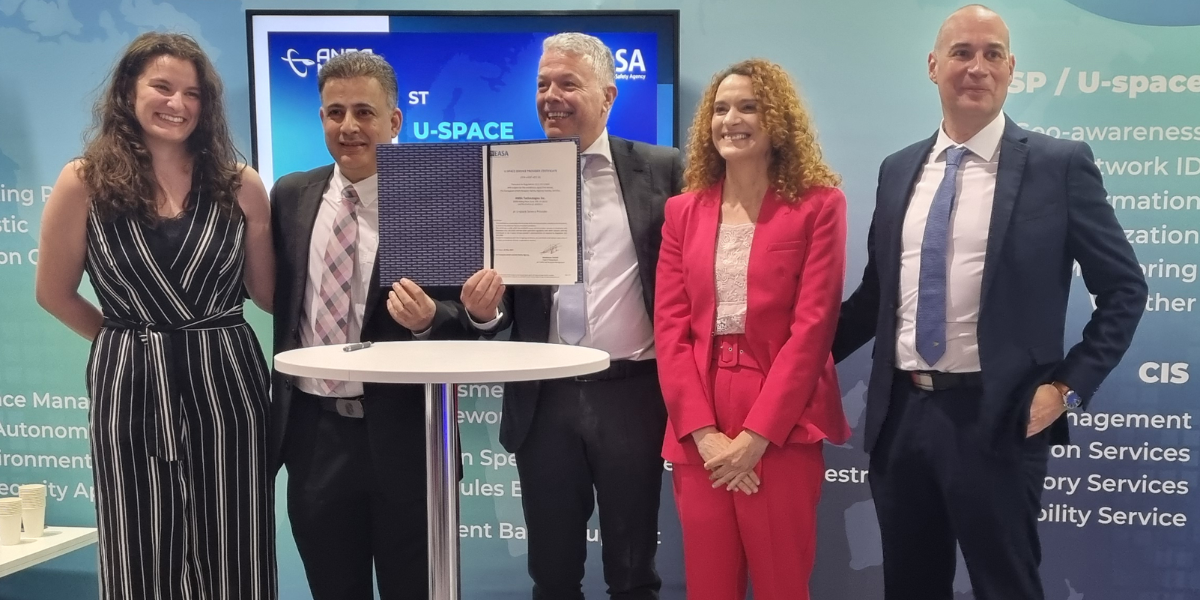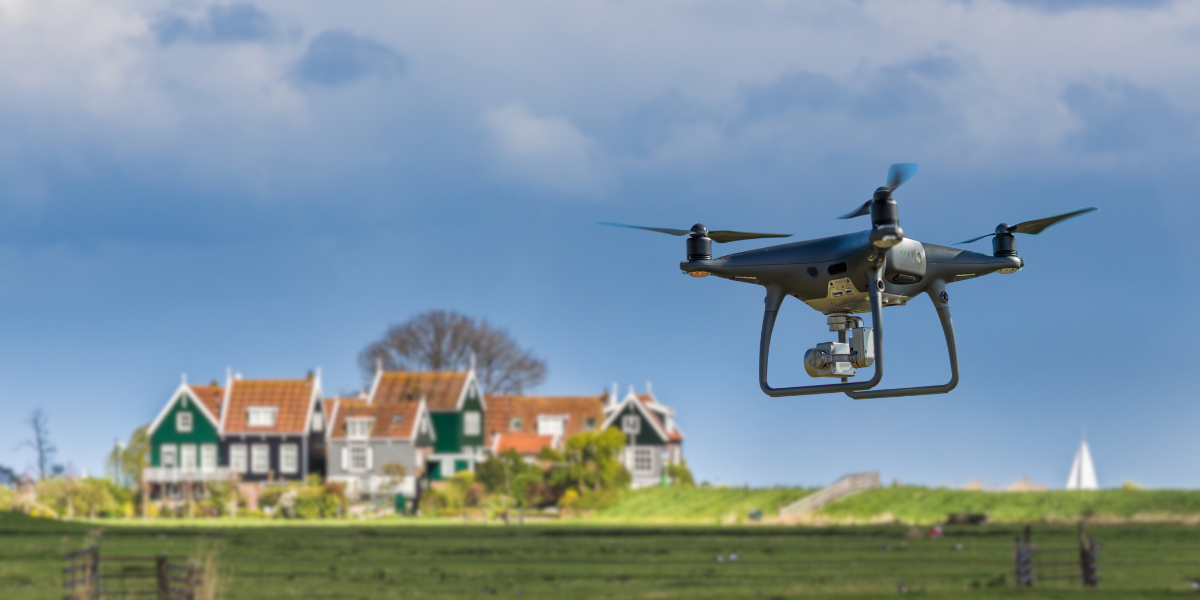Advanced Air Mobility will turn the world upside down
Interview with Kim Silander Founder and Owner of Independent Business Group (IBG)
During ADW Hybrid, 29-31 March in RAI Amsterdam, Kim Silander Founder and Owner of Independent Business Group (IBG) participates in a panel discussion on Multi-modal Mobility Hubs & UAM. According to Silander, few people realize how Advanced Air Mobility (AAM) will completely turn the world upside down in the coming years.
IBG has expertise in Air Traffic Management, Airport and Advanced Air Mobility infrastructure. The companies core competence is to optimize airspace and airports from an air traffic, regulatory, technical, financial, and sustainable perspective. Since 2007, IBG has conducted 90 successful projects in Europe, Middle East, Asia, and Africa and participated in an impressive number of large European and Scandinavian research projects.
Silander cannot say which part of the world is most at the forefront when it comes to Advanced Air Mobility. “The United Arab Emirates or specifically the Emirate of Dubai were the first to legislate. But in Germany there are a few very good electrical Vertical Take-Off and Landing (eVTOL) vehicle builders. What is missing, however, are roads on which these can transport goods or people. For that you need infrastructure, legislation and regulations. In Asia they have come a long way in certain areas, but to my knowledge no UTM service provider is active there yet. In different parts of the world they are ahead of the rest in some key areas required for AAM. But there is not yet one country that has all the components that make it possible to actually fly with AAM on a larger scale. That is also AAM's biggest problem.”
“Manufacturers who have invested so many billions in eVTOL development in recent years have not always realized or at least underestimated the time required for design, planning and construction of a completely new infrastructure that thousands of cities in the world have to make decisions about. At IBG, we help municipalities, regions and policy makers and can hopefully contribute to speed up that process”.
According to Silander, regular aviation is by no means ready for the enormous amount of disruptive changes that will come at it in the coming years. AAM will come with new business models and take what he believe a huge share of the regional and short-haul aviation market.
Clean
What Silander means is that many people do not yet realize how multi-modal mobility will change the world. “UAM and AAM do not mean that - as now - flights are flown from airport to airport, but from suburb to suburb. Not only within cities but also between cities. It will completely change a lot of regional traffic. And it is also a clean form of transport.”
He also sees that the people in several Swedish cities who are working on mobility hubs have thought of all forms of transport, but not air transport. “They really have no idea what is already possible.” Silander wants to make them aware of the fact that drones fit perfectly into the mix of train, bus, taxi and (electric) bicycle. “Then they are really multi-modal mobility hubs. Many cities will have to adapt to make this possible.”
Silander is convinced that AAM will largely ensure that the goals of the Paris climate agreement are achieved. “It will take a lot of passengers away from regular aviation. People will soon no longer take a plane, especially over short distances, but will drive to the nearest vertiport to continue flying from there with a drone.”
Investments
The first vertiports will be operational in 2024 or 2025, the Swede thinks. “But we will be at least 5 years further before massive use is made of it. Only then will sufficient investments be made to achieve a breakthrough. But it also requires sufficient money and manpower from governments. They have to approve all those requests for these kinds of services. The drone industry will soon achieve in five years what normal aviation has taken 70 years. And it also means that we will have to increase the production of hydrogen and other renewable energy sources. Not only are we electrifying aviation, we are electrifying all other forms of transport at the same time. Energy demand will therefore explode in the next ten years. And the world is not well prepared for that.”
IBG and ADW Hybrid
During ADW Hybrid, 29-31 March 2022 in Amsterdam, IBG will take part in the panel discussion on Multi-modal Mobility Hubs & UAM and the Xpert session: Enabling a sustainable future for Air Transportation on 30 March. For more information and the programme visit: https://www.amsterdamdroneweek.com/amsterdam-hybrid/



